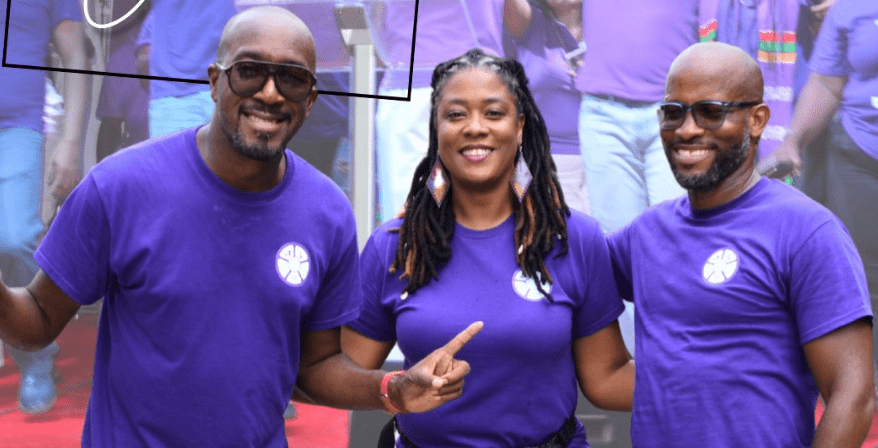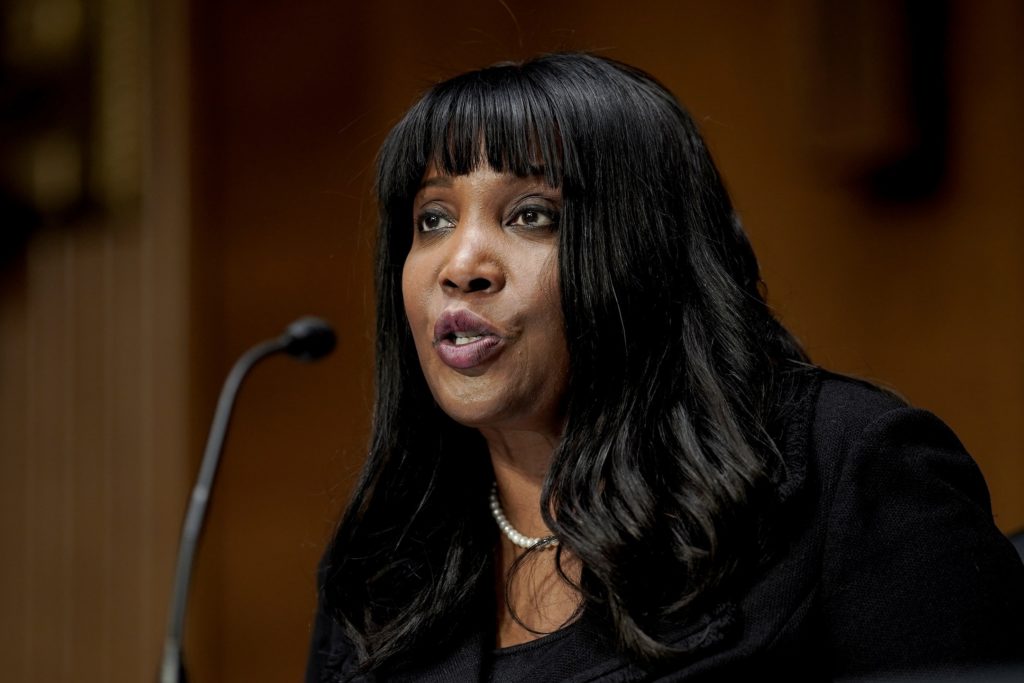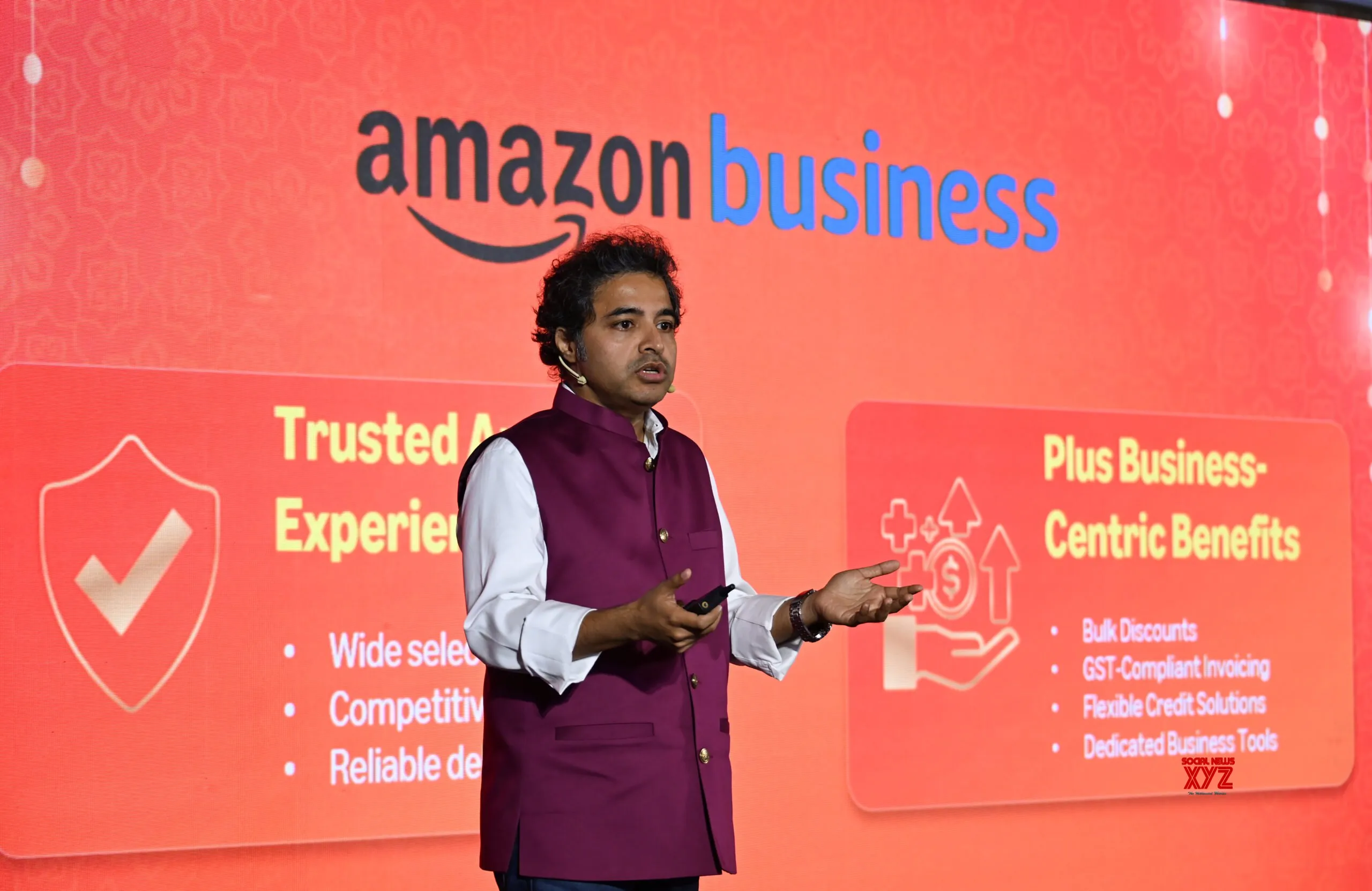
First Opinion is STAT’s platform for interesting, illuminating, and provocative articles about the life sciences writ large, written by biotech insiders, health care workers, researchers, and others.
To encourage robust, good-faith discussion about issues raised in First Opinion essays, STAT publishes selected Letters to the Editor received in response to them. You can submit a Letter to the Editor here, or find the submission form at the end of any First Opinion essay.
The story
“I’m a surgeon. My society waded into gun regulation — and chose politics over science,” by Aru Panwar
The response
We read with puzzlement Aru Panwar’s First Opinion alleging political shenanigans at the American Academy of Otolaryngology-Head and Neck Surgery and abandonment of its scientific principles. As two of the seven co-authors of the academy’s position statement endorsing firearm suppressors, we wish to set the record straight. Happily, neither of these dire judgments is the case. Firearm suppressors are the very definition of a successful public health intervention. They are a proven method for primary prevention of an irreversible disability: noise-induced hearing loss. Their use by hunters and sport shooters in Europe is widely accepted and uncontroversial, and that is increasingly the case in the United States.
We are both life fellows of the Academy, and Cueva is a past president of the American Otological Society, the premier academic society of ear and skull base surgeons. Four of us seven board-certified ENT surgeons are also fellowship-trained neurotologists — subspecialists in ear and skull base surgery. We speak as well for our other co-authors, one of whom (Matthew Branch, M.D.) authored a peer-reviewed academy journal report of original acoustic research on suppressors — one of several citations that Panwar nebulously dismisses as “highly problematic.” The academy’s hearing committee and its Board of Directors reviewed Branch’s work and our other scientific references and did not share Panwar’s assessment.
We were further taken aback by Panwar’s insinuations that we are motivated by politics. Yes, suppressors have been unfairly demonized as tools of the criminal underworld, and part of our public health initiative is to dispel the Hollywood myths about them.
But all seven of us have seen innumerable patients with permanent, basically untreatable sensorineural hearing loss from firearm noise. We all share the same frustration in our inability to help them, and worse, in the knowledge that their hearing loss was entirely preventable with the help of suppressors. We find it disheartening and downright cruel that some policymakers, and sadly some of our fellow physicians, believe anyone who puts a muffler on her firearm should be prosecuted, see her life ruined, and be thrown in prison. But incredibly, that’s the law in eight states and the District of Columbia.
The basic research on noise-induced hearing loss is decades old and universally accepted in our specialty. The efficacy of suppressors in reducing muzzle blast impulse noise has been thoroughly studied and documented. We stand behind the scientific references we submitted for review to the academy in support of our position statement. And if, as Panwar accuses, we are guilty of some political motivation, it is our firm belief that protecting your hearing should not be a crime.
—Roberto A. Cueva, M.D., and Timothy W. Wheeler, M.D.
The story
“If Kennedy doesn’t resign, physicians should consider going on strike,” by Richard L. Kravitz
The response
Physicians have needed to take a stand against the travesties affecting our profession for years. This situation, where thousands of lives are at stake, warrants the drastic measure Kravitz advocates. For years I have talked about what an ethical strike would look like. In my field, pediatrics, it’s really quite straightforward. One continues to give care as before — sick care, follow-ups, physicals, and (if there are any left) immunizations. The strike part comes when people ask for this or that form to absolve schools, athletic facilities, and other entities of all responsibility for anything. Call it a “note-out” or a “form-out,” but the lack of a bureaucratic paper trail would turn whole communities upside down. “Uncle,” in the form of “get RFK out,” would happen quickly. Lives would be saved, and we might be able to reestablish our role as a world leader in health research and policy.
— Stanley Sack, M.D., P.A.
The story
First Opinion newsletter for Sunday, Sept. 21, by Torie Bosch
The response
The recent First Opinion newsletter calling for a ban on the phrase “lived experience” reflects a troubling misunderstanding — an imposition and an assault. Linguistic censorship, which restricts how people and communities describe themselves, is harmful, particularly in health care.
We acknowledge the editor is entitled to her opinion, and language does evolve. But who gets to decide the terms individuals choose to self-identify, particularly given the health and social realities of mental illness, disabilities, homelessness, or other conditions? As advocates for mental health care, treatment, and services, our belief and understanding is serving as a champion for those with “lived experience” is fundamentally a health justice imperative.
Our concern is the harm imposed on people with mental health conditions, no matter which terms are used. Identity is solely at the discretion of the individual. Thus, omitting “lived experience” can inadvertently silence representation and neutralize voices that deserve to be heard under the guise of a particular style preference.
The editor’s unilateral critique that the terminology of “lived experience” is “lifeless” misses the point. For many, “lived experience” carries weight and dignity in settings where entire stories cannot be adequately shared. When an individual states, “I have lived experience with depression,” “lived experience with addiction,” or “lived experience of being unhoused,” it is clarifying and empowering. Mental Health America is clear that the use of language is critical to ensuring a recovery-oriented and person-centered approach, and that people are seen first as people and not seen as their mental health condition.
Thus, banning words such as “lived experience” not only compromises self-identity but also serves as a vehicle to “chill speech,” ultimately harming the ability for individuals to reclaim their identity and role in their own therapeutic process.
The use of “lived” or “living” experience is interchangeable because both honor the truth for advocates, peers, and caregivers, who recognize that the journey for treatment and care is meaningful, seen, and heard.
While one may dislike the phrase “lived experience,” when a journalist declares a community’s self-chosen language “banned,” it crosses from preference into power. Words like “ban” are not neutral and challenge our sensibilities around freedom of speech. As Jimmy Kimmel returned to air on ABC, the visibility of this fact is even more prevalent. Words carry the weight of authority. Our collective responsibility is not to decide “who” gets to be seen, heard, or identified.
Communities are constantly renegotiating language that best captures their realities. If the phrase “lived experience” upsets the ears of privilege, so be it. Lived experience was never meant to comfort, but instead to support the self-identity of those who have been long ignored, forgotten, dismissed, and marginalized.
— Courtney Lang, J.D., Mental Health America and Langco + Partners, and Annelle Primm, M.D., M.P.H., former deputy medical director for the American Psychiatric Association
The story
“Make statins available without a prescription,” by Vishal Khetpal
The response
Narcan went over the counter. Everyone rejoiced that access had increased. What happened? The price skyrocketed to $40+ a pop. Insurances no longer cover it because it’s OTC. So you are essentially suggesting we kill access to statins by allowing insurance companies to get around covering it and allow manufacturers to increase pricing. I know you have the best of intentions, but that’s the reality of our Great American Healthcare System. The MOMENT something goes OTC, payment peaces out.
— Bernadette Goncharova
The story
“Trump’s health and the medicalization of American politics,” by Eric Reinhart
The response
As a physician with experience bridging clinical medicine and policy work at both national and international levels, I read Eric Reinhart’s recent opinion piece with great interest and found his analysis particularly insightful and well-reasoned.
I would like to add one important consideration to the discussion. While I agree with the core principles Reinhart outlines, I believe there is room for nuanced examination when it comes to non-physician public figures who routinely offer medical opinions and engage in extensive public discourse. Such individuals, through their own choice to enter the medical commentary space and their sustained public presence, may exhibit behavioral patterns that warrant responsible professional observation and discussion.
This perspective finds support in recent clarifications from Allen Dyer, a psychiatrist who was instrumental in developing the Goldwater Rule. In October 2024, Dyer emphasized that the rule’s original intention was never to serve as an absolute prohibition on all professional commentary. Rather, he noted, it should not preclude thoughtful, responsible discussion of observable public behaviors when conducted within appropriate professional and ethical boundaries. I believe this distinction — between remote diagnosis and responsible behavioral observation — represents an important evolution in how we approach the intersection of mental health expertise and public discourse.
— Robert C.J. Krasner
The story
“A $100,000 fee for H-1B visas will devastate U.S. health care,” by Geeta Minocha
The response
The plan I have managed for 15 years serves thousands, many living in rural and medium or small cities in California, Oregon, Washington, Arizona, Texas, New Mexico, and Nevada, with smaller numbers in big cities. In many hospitals and clinics in cities like Bakersfield, Calif., a very significant share of the doctors and other medical professionals have come here from India as well as other countries. When my wife had serious heart issues a few years ago, the majority of the cardiologists that treated her — even at world famous hospitals like Cedars Sinai in Los Angeles — were of Indian origin. The same is true in places like Fresno and Stockton, Calif., or Portland or Spokane or Las Vegas. Many of the hospitals in these areas rely on foreign medical staff, and this new policy will hamper them significantly. This is just one more example where the current administration is seriously undermining health care in this country.
— Patrick Pine, Robert F. Kennedy Farmworkers Medical Plan
the response
After working 30-plus years in both critical and emergency departments, I can assure you the people working on H-1B visas and giving health care to our masses can never be matched by anyone else. They are the most educated and talented minds we could ever enjoy. Why would you want to stop this much needed talent from us? These medical persons fill a much needed void in our system in research, education, care, and more.
— Catherine Hamilton



